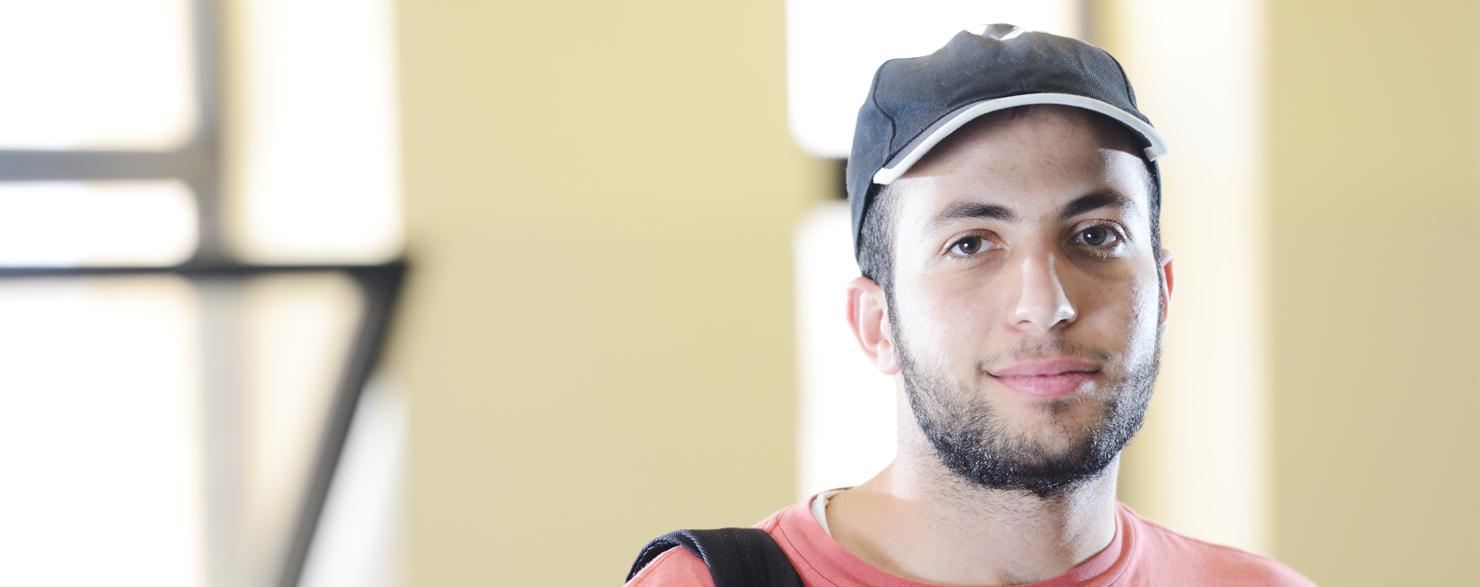
Strive supports youth transitioning from foster care
Transitions are a normal part of life for most of us. Moving to a new home or new city, starting a new job and cultivating new relationships are typical transitions that we may experience over a lifetime. For youth in the foster system however, the rate of transitions they may experience often exceeds that of the average person, which can create a world of instability, uncertainty and disconnection.
According to the Ministry of Children and Family Development’s (MCFD) Residential Review Project, BC youth can experience up to 10 foster care placements while in continuing care. In addition to carrying the potential emotional weight of abuse and/or neglect from childhood, youth leaving care often lack close family and peer support networks and the life-skills to help them transition into adulthood. Once out of foster care, these youth have limited access to education, higher rates of unemployment and are more likely to suffer from poorer mental health outcomes than youth from the general population.
In February, with a $249,000 contribution from the MCFD, YWCA Metro Vancouver began piloting a new program called Strive, for youth ages 17-24 who are transitioning or have transitioned out of foster care. Due to the many challenges youth may face when coming out of care, the 12-week program will provide basic life and employability skills that will help these youth transition successfully into their adult lives.
A key component of Strive is the Individualized Action Plan (IAP) that is established in the first four weeks of the program. With help from a social worker, the youth set their own goals for their IAPs, which take into consideration their personal life experiences and are individually tailored to meet their unique needs, whether it is to find employment, a safe place to live or to return to school.
In addition to the development of the IAPs, the first four weeks involve an interactive classroom setting, where the participants learn fundamental life-skills through workshops, guest speakers and group discussion. Rune Mikkelsen, Strive’s program manager, shares that, “Studies show that youth learn best when they are with their peers, so when you put 10 youth who are aging out of foster care or have foster care experience in one room, the hope is that they can all learn from each other.”
The final eight weeks involve an experiential component where youth work on their IAPs and practice the skills they have learned in the classroom out in their surrounding communities. “That could be connecting them to mentorship opportunities [or] connecting them to employment, whatever their action plans may be,” explains Rune, who is optimistic about the program and what it will provide for youth who are taking the steps towards stability and success in their adult lives.
To learn more about Strive contact Rune Mikkelsen at rmikkelsen@ywcavan.org / 604 605 4666.

